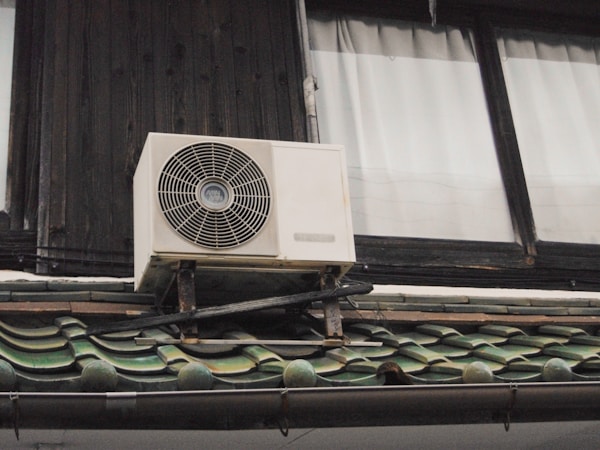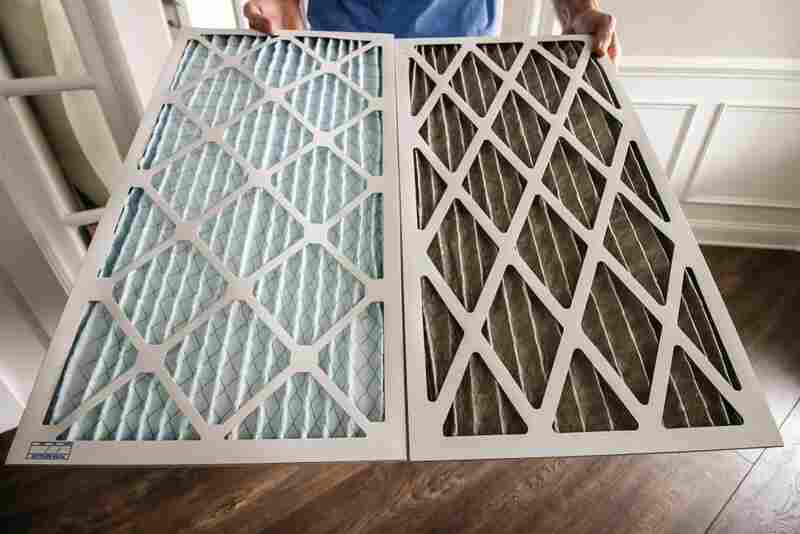Anyone that owns an HVAC system already knows that regular maintenance is important to keep it running smoothly and efficiently and one of the most essential parts of HVAC maintenance is changing the air filter. The air filter is responsible for keeping dirt and dust from entering the system and clogging it up, which can lead to system breakdowns and costly repairs. However, what many people don’t realize is a dirty filter can affect more than just the condition of your system, it can create health and safety risks for everyone in your home. If you’re in need of more information, keep reading to learn about the impact of a dirty air filter on your family’s health.
What is the impact of a dirty air filter on your family’s health?

If you’re wondering, can a dirty air conditioner filter make you sick? The answer is yes. The accumulation of dust, dirt and other pollutants in the filter reduces the efficiency of the air conditioner and can make it difficult to keep your home at comfortable temperatures. Furthermore, these particles are then circulated through the air in your home when you turn on the air conditioning. This means that those same pollutants are now released, which could lead to breathing difficulties and other respiratory issues for members of your family who suffer from allergies or asthma.
Regular HVAC maintenance should be performed to ensure that all components of an AC unit are working properly and efficiently including changing filters as often as needed but also checking for any signs of wear-and-tear or damage so costly repairs don’t become necessary down the road. A dirty filter is also likely going to hamper cooling efforts making it harder for you to maintain comfortable temperatures in all rooms during periods of high heat demand like summer months when usage tends to peak overall across many households.
In addition to these airborne contaminants, mold spores are another potential hazard when it comes to indoor air quality. Mold grows best in warm and damp conditions which is why filters need regular cleaning or replacing; otherwise, they will become breeding grounds for mold growth due to the humidity created by recirculated air passing through them.
How else can you improve your indoor air quality?

Now that you understand the harm associated with dirty air filters, let’s talk about some of the other things you can do to improve your home’s indoor air quality. For example, you should purchase a high-quality air purifier for your home. The quality of the air we breathe indoors can be significantly worse than the outdoor air, due to dust, pet dander, smoke, mold, and other contaminants. An air purifier can reduce the amount of these pollutants in the air, resulting in improved air quality and, for most families, even better health.
You should avoid the use of harmful products, like those that contain volatile organic compounds (VOCs), as well. VOCs are a type of pollutant that can be found in many household items, from paints and adhesives to cleaning products and air fresheners. These compounds can cause a range of health problems, from respiratory irritation to cancer, so you need to be aware of them and take steps to reduce your exposure. There are now a number of low- or zero-VOC products available on the market, making it easier to find safer alternatives.
As you can see, the importance of replacing a dirty air filter in the home cannot be overstated, since an overlooked and dirty air filter can be the root of many health issues. Not only does a clean filter reduce the amount of dust, pollen, and other allergens that can cause respiratory issues, but it can also minimize the risk of illness and improve air quality for your family. There are other steps you can take too, including purchasing an air purifier and avoiding the use of products that contain VOCs. By following these tips, you can keep yourself and your family protected from the dangers of indoor air pollution.


